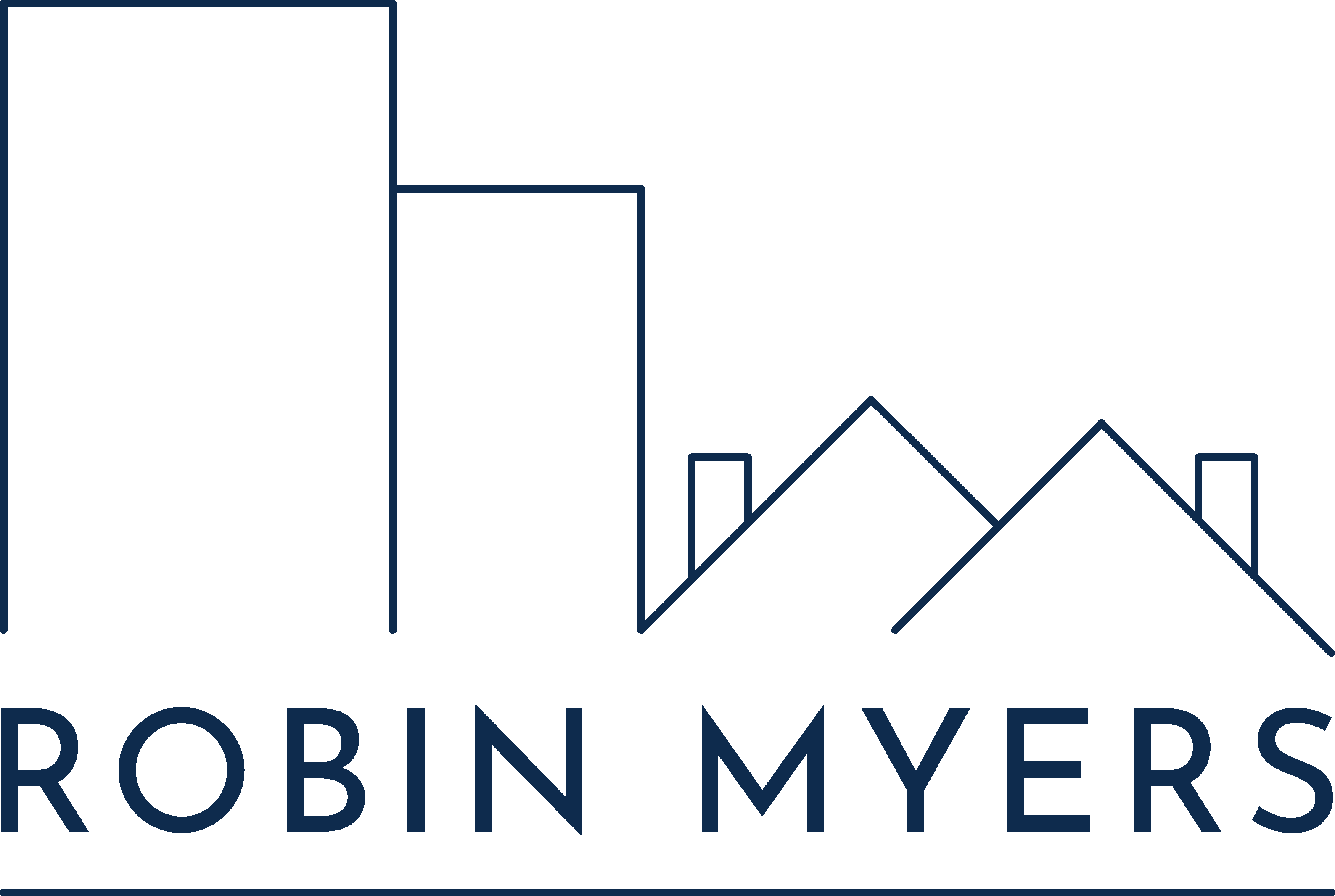This time of year buying or selling a home goes on the back burner while people focus on the holidays, family and friends. Locally real estate tends to take a break until our “spring” market ramps up in late January.
When preparing a home for sale there’s a typical “to do” list that includes organizing closets, power cleaning, paint touch-up, repairs, de-cluttering inside the home and sprucing up the landscaping outside the home. There are two important items, required by the State of Washington that can’t be ignored.
The State of Washington (along with many other states) requires carbon monoxide detectors be properly installed throughout the home (https://www.doh.wa.gov) and water heaters be strapped to prevent damage or injury in the event of an earthquake. It is important for many reasons to pay close attention to these items:
- Both are required safety items by the State of WA whether the property is owner occupied, unoccupied, an estate sale or investment property.
- An inspector will advise the buyer in the report whether the home is properly protected with smoke and carbon monoxide alarms and whether the hot water heater is properly secured.
- If the buyer is financing the purchase and there is an appraisal, the lender’s appraiser will note whether carbon monoxide alarms are installed. Final loan approval will not be granted without proof of proper installation of carbon monoxide alarms.
- If an appraisal is made “subject to installation” of carbon monoxide alarms or water heater strapping, a return visit by the appraiser may be required to verify installation, at the buyer’s expense, and that visit, if not scheduled soon enough, may delay a closing date. For some lenders, but not all, photos of the installed items may suffice for verification.
These are two simple, yet critical items to complete before bringing your home on the market. Your Realtor® should note these items on the initial walk-through of your home with you. Having these complete before that meeting means a couple less “to-do” items on your list.

 Facebook
Facebook
 Twitter
Twitter
 Pinterest
Pinterest
 Copy Link
Copy Link


